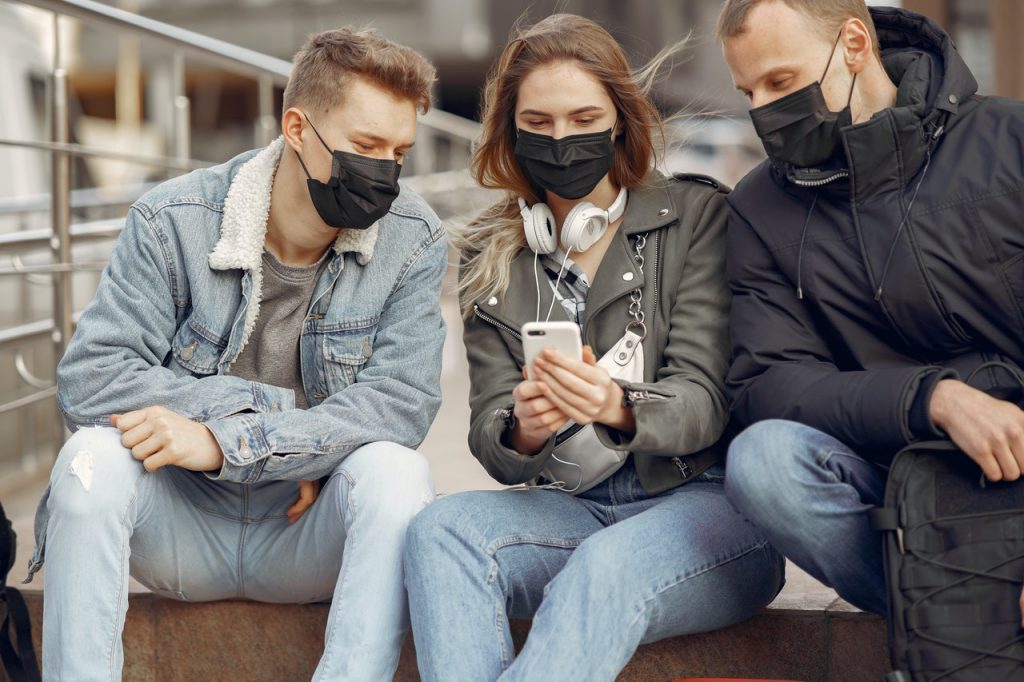

2020 has been a difficult year for us all. But while it has been tough (well, downright hard), it doesn’t mean we should overlook the good moments that it has brought us. As its end draws near, let’s reflect on the good things to be thankful for that have happened this year and be grateful for each one of them.
There’s so much to be thankful for, especially if you’ve been living through addiction recovery or other life-changing issues throughout this holiday season. But if you can’t think of one or more reasons right off the bat, then here is a list of things to be thankful for this year, to serve as a reminder.

After everything you have been through, you cannot take it for granted that you are alive. Many addicts end up dealing with worse health complications or even death. But here you are, all healthy. Even if you feel a little bit sick, or too lazy to get out of bed in the morning, you still have the option to do so. Be thankful that you wake up every morning able to start your life and enjoy each day.
Hygiene and health are often the last things on the mind of someone who’s using – and you probably weren’t any different. But now, you are self-aware and self-conscious. You also have enough time to focus on yourself. You bathe, eat healthy meals, wear clean clothes, and get enough night sleep – all of which transform your overall outlook. When you look good, you are happier and even more confident. You can go out, hang with friends, take selfies, and everything else without fear of judgment – an excellent reason to be thankful this year.
You ought to be thankful for your family who has stood by you throughout your struggle with addiction until you made it to the other end. Be grateful even for those with whom you had strained relationships during your addiction, but managed to patch things up through family therapy and stuff. Nothing comes close to having gratitude for the people you care about in life. When you love your family and friends, you are inspired to continue in recovery.

You have all the reasons to be thankful for the good mornings. These hardly came by when you were using because then you had to deal with bad hangovers, body sores, and regrets from the things you did while high. Now, you can listen to the birds chirping and even catch the sunrise. You can also organize your days and get things done – even if that means binge-watching your favorite series.
Now that you are sober, you have clarity in your head that helps with productivity. You also have high energy levels and lots of free time to focus on school, work, or personal projects. Be thankful that you now have a chance to rebuild your life and make the most out of every opportunity that comes your way. You couldn’t achieve all these if you were still using drugs.
Drugs and alcohol are expensive. Like many other users, you likely spent about $4,500 on alcohol, $7,000 on marijuana, $8,000 on cocaine, $54,000+ on heroin, or $3,500-70,000 on opioids every year. This is way too costly, especially if you weren’t working for or lost your job due to addiction. But now, you don’t have to spend more money on drugs and alcohol. You also don’t worry about getting that money. And the best part is you aren’t putting a strain on your loved ones and society. Instead, you are rebuilding your life and even getting to support them. It sure feels good, right?

Staying sober isn’t easy – it needs discipline. In a world where we have no control over our peers, environments, and circumstances, consciously choosing not to use drugs when given an option is a surprisingly energizing and powerful feeling. This type of control builds character, self-confidence, and offers a healthy boost to your ego. So, grab a glass of fresh juice, raise it to the skies and say, “I’ve got this.”
Continued substance abuse affects the structures and functions of the brain. This impairs thinking skills and decreases attention span and memory. But the good thing is that brain is a remarkably adaptable organ. It can repair itself greatly and regain its ability to regulate moods, memory, and bodily functions without the substance. So, you have a reason to smile now because you don’t have to stress over what you did the previous night or struggle with a foggy and unreliable memory. You’re now sharper and alert and will recall things better.
Many studies show a correlation between alcohol and mental health disorders like anxiety, stress, depression, etc. Many people use drugs or alcohol to either forget or solve underlying problems – though this only worsens the situation. You probably did the same. But now that you have gone through the healing process, you know that there are better ways to solve issues – like talking them through or seeking counseling or even exercising. This is too big an achievement that shouldn’t just slide – be grateful about it.
This is a great time to be thankful for your good friends. Chances are you were inconsiderate of their feelings or ignored whatever advice they gave while you were abusing substance. But some of them stood by your side and still do. Be grateful for the effort they put into keeping up with the relationship and seeing that you are a better version of yourself.

Last but not least, you want to be grateful for yourself. Be thankful that you believed in yourself, that you did all the hard work, that you never quit, that you chose to do what’s right. It wasn’t is, and it still isn’t – but you’re hanging in there.